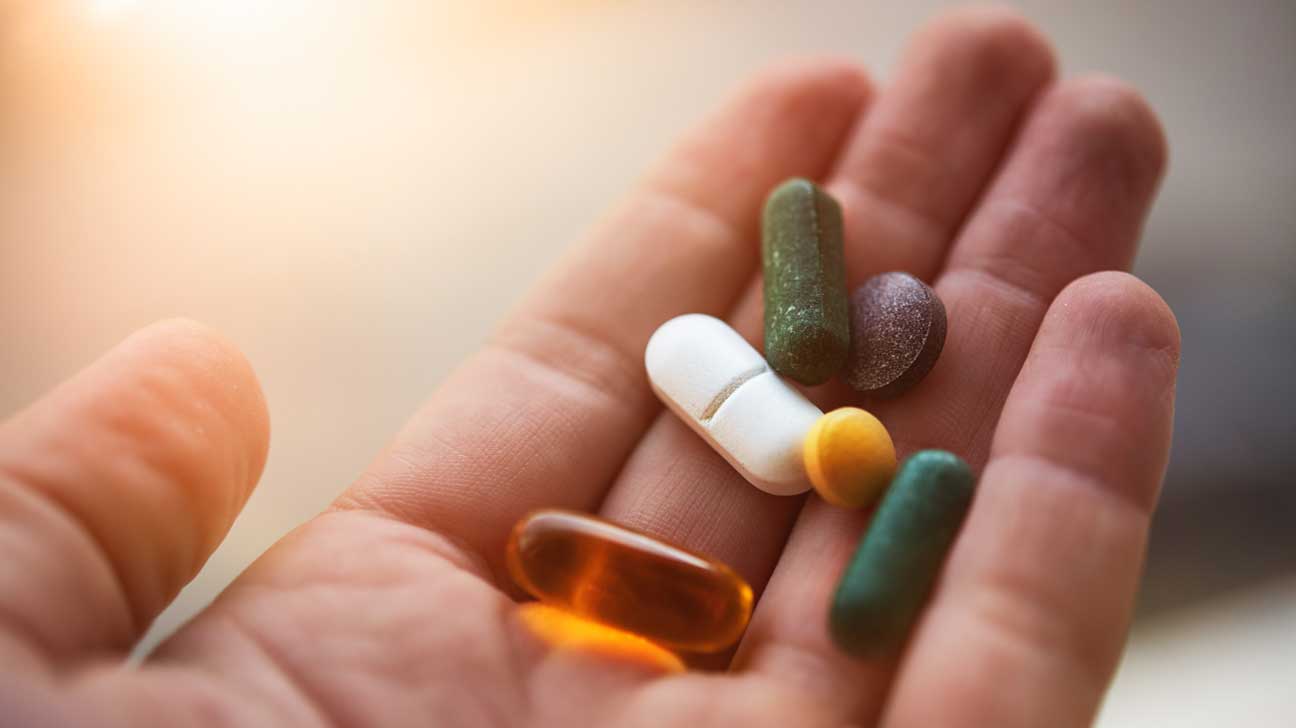Kratom, which is a plant-derived supplement, is growing in popularity. A new report provides further evidence of its adverse effects and calls for more research. Historically, manual laborers in Southeast Asia have used the compound — either chewing the leaves or making them into tea — to soothe aches and pains and boost energy levels. It is most commonly available in the form of a green powdered supplement. Although manufacturers market kratom extract as safe and natural, it is far from inert. Scientists have carried out limited studies on its effects, but it appears to act as a stimulant at lower doses and has a sedative effect at higher doses. Over recent years, usage in the U.S. has increased sharply. The researchers took data from between January 1, 2011, and July 31, 2018. In total, they identified 2,312 reports that mentioned kratom exposure. The data describe a worrying trend: In the whole of 2011, there were 18 exposures, but, in just the first 7 months of 2018, there were 357 exposures. More than half of the events (56.5%) involved taking kratom as a powder, capsule, or tablet, with 86.2% of users taking kratom orally. In four cases, the reports listed kratom as either a contributing factor or a cause of death. In two of these cases, the reports identified kratom alone; in the other two cases, additional compounds played a role. Although kratom is less potent than other opioids, it can still have significant negative effects on the body. "In larger doses, it can cause slowed breathing and sedation, meaning that patients can develop the same toxicity they would if using another opioid product. It is also reported to cause seizures and liver toxicity." Says, lead author Prof. William Eggleston. (Source: www.medicalnewstoday.com)


